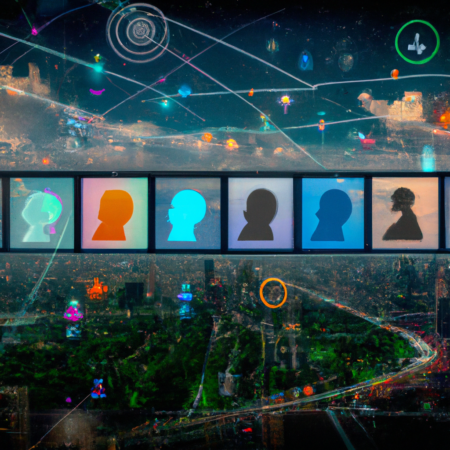Navigating the New Norms: AI Ethics and Regulation in 2025
As we move deeper into the decade, the landscape of artificial intelligence (AI) continues to evolve rapidly, pushing the boundaries of technology and society. With AI’s integration into everyday life, the focus on ethical practices and regulatory measures has intensified. In 2025, these discussions have moved from academic circles and tech backrooms to the forefront of global policy agendas.
The year has seen significant developments in AI regulation, with multiple countries establishing frameworks to manage the ethical implications of AI technologies. This post explores the critical aspects of AI ethics and regulations as they stand in the second quarter of 2025, offering insights into the challenges and solutions that are shaping this vital field.
Global Regulatory Trends
In response to the rapid deployment of AI systems, governments worldwide have introduced stringent regulations aimed at ensuring these technologies are used responsibly. The EU continues to lead with its AI Act, setting a benchmark for AI governance, focusing on transparency, accountability, and user rights. Similarly, the USA has updated its AI Initiative Act, which now includes provisions for AI in public sector applications, emphasizing fairness and non-discrimination.
Asia sees a diverse approach; countries like Japan focus on innovation-friendly environments while maintaining ethical standards, whereas China strengthens its AI surveillance capabilities, raising concerns among human rights advocates.
Ethical AI Development
The push towards ethical AI development has gained momentum, with industries and academics collaborating to create more transparent, understandable, and fair AI systems. This includes the development of technologies that can explain their decisions and actions to users, a field known as explainable AI (XAI). These advancements are crucial for building trust and facilitating wider acceptance of AI technologies.
Moreover, privacy remains a hot-button issue, with new technologies like federated learning being deployed to enhance data privacy by processing data locally on devices, rather than transferring it to central servers.
Challenges Ahead
Despite the progress, the journey towards a fully ethical AI world is fraught with challenges. One of the primary concerns is the ‘race to the bottom’ scenario where countries might compromise on ethical standards to gain a technological advantage. Additionally, the global nature of the internet complicates regulatory enforcement, as AI technologies often operate across multiple jurisdictions.
Another significant challenge is the socio-economic impacts of AI, such as job displacement and inequality, which require proactive measures from all stakeholders to mitigate.
Conclusion
As we navigate through 2025, the landscape of AI ethics and regulation continues to evolve, presenting new challenges and opportunities. It is imperative for policymakers, technologists, and citizens to engage in continuous dialogue to ensure that AI development aligns with societal values and ethical standards. Only through collaborative effort can we harness the full potential of AI technologies while safeguarding human interests.






